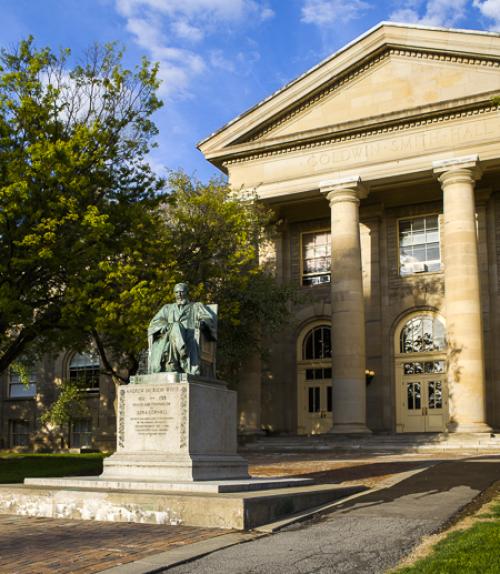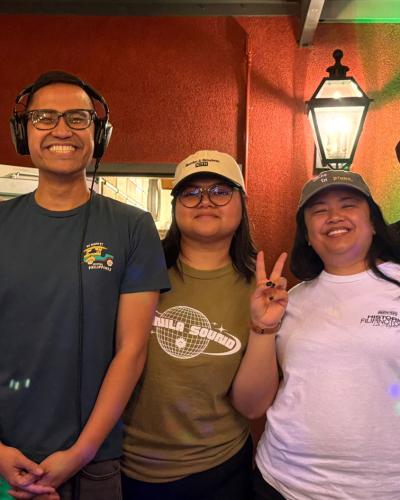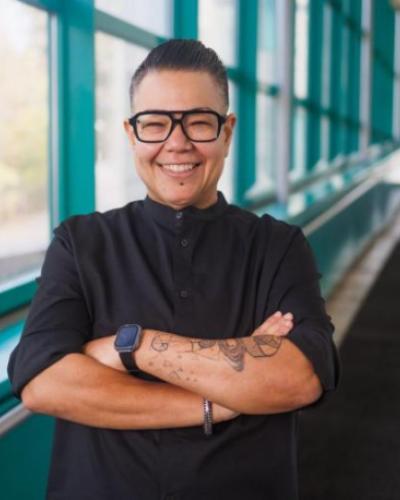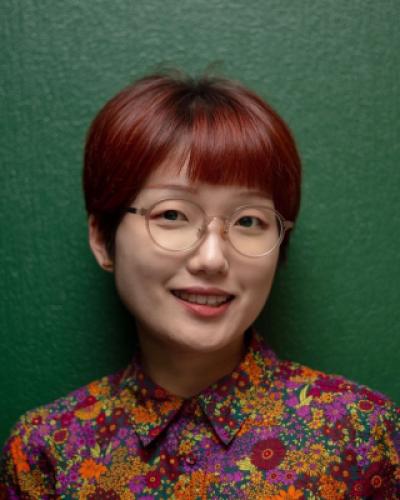PMA Ph.D. candidate Jessie Taieun Yoon has published a performance review of the musical The Butterfly on the Bund 1939 in the September 2025 issue of Theatre Journal. Set in 1939 Shanghai, The Butterfly on the Bund 1939 is the first Chinese musical to be licensed in South Korea, and tells a lesbian love story of two women who were involved in different factions of anti-colonial movements during the second Sino-Japanese war. “The musical achieved a huge success in South Korea,” said Yoon, “which I suggest to be attributed to the audiences' enthusiasm for queer women's love story and the two countries' shared history of Japanese colonialism.” The book and lyrics are by An Hua and Xinyuan Zhao, with music by Yutong Zhang and Jianfeng Ye, and direction by Ki-Ppeum Lee. The musical premiered at the TOM Theater in Seoul, South Korea in July, 2024.
“Above all, I was excited to know that a lesbian musical set in a colonial era Shanghai was getting such an enthusiastic response in Seoul,” said Yoon. “When I first heard about it, I was planning an archival trip to Hong Kong, Taipei, and Seoul, thanks to Cornell East Asia Program's summer research trip grant. I learnt that this musical was gaining immense popularity among queer feminist circles, including many of my friends and comrades. After seeing the musical for the first time, I loved it so much that I went to see it four more times during my short stay in Seoul!
“In addition to its historic standing as a first Chinese original musical to be licensed in South Korea, there were three exciting factors I want to emphasize for readers. First, its plot revolves around elements of femininity as crucial means of anti-colonial missions from waltz to signing at a club. I loved how these means undertake their political missions while allowing them to keep it undercover from Japanese imperial forces and offering the two women points of intimate connections. Second, the hybridity of Shanghai bund with international settlements was beautifully executed in their original music and lyrics. Third, its popularity, at least partially, derives from the shared colonial history between China and Korea from Japan, without naïvely repeating cliches of cathartic male heroism found in popular anti-colonial period dramas.
“I especially loved how fans of the musical travelled between Shanghai and Seoul to see one another's version, to the extent that the Chinese actresses once sang their curtain call in Korean to recognize its popularity in Seoul! I wish this exciting encounter of two city's musical scenes to continue in ways that are queer, feminist, and explicitly political as The Butterfly of the Bund 1939 has demonstrated.”
Read Jessie Taieun Yoon’s performance review of The Butterfly on the Bund 1939
Read more about Jessie Taieun Yoon’s work.





